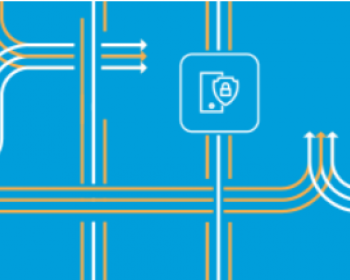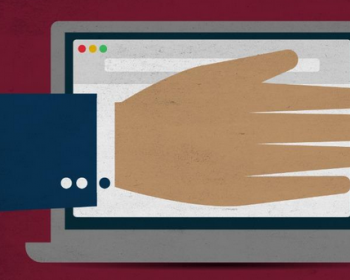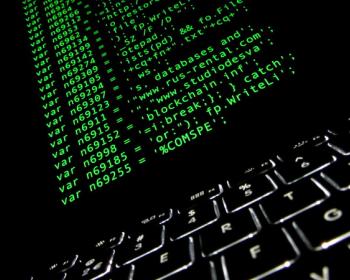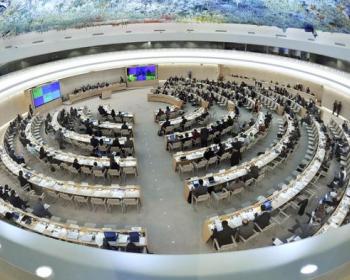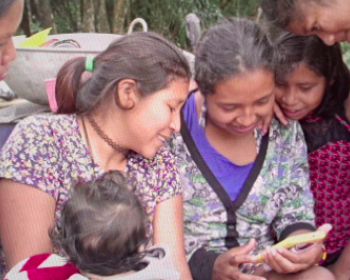Human rights
What this edition of Southern Africa Digital Rights serves to spotlight is that privacy and data protections remain and will continue to remain areas that civil society in the region must continue to monitor and address.
The British Post Office scandal was a failure of both technology and human systems. The software didn’t work, but too many people thought that whatever the computer said had to be right. This has several lessons for us about trust in computer and AI systems as well as the need for strong institutions and media.
In its contribution to this round of consultations, APC stressed the vital importance of ensuring the effective consideration of civil society voices in the Global Digital Compact negotiation phase.
This open letter expresses deep concern over Meta's proposed revision of its hate speech policy regarding the term "Zionist" and the potential to treat it as a proxy for Jewish and/or Israeli, which will ultimately lead to severe restrictions on legitimate political speech and debate.
Organisations spanning civil society, industry and the technical community, including APC, urge governments to consider withholding support for the draft UN cybercrime treaty in its current incarnation. If adopted without major changes, this treaty's risks far outweigh its potential benefits.
Over 200 organisations including APC sent a joint letter to UN representatives calling on them to ensure live online modalities of participation for UN human rights bodies and mechanisms, in light of concerns regarding civil society access and participation in these spaces.
Looking at cybercrime from a gender lens means to recognise and take into account the lived experiences of women and people of diverse sexualities and gender expressions, to understand their needs and priorities, and address the differentiated impacts of cybercrime.
Three years after Myanmar’s military junta seized power, local and international civil society actors including APC are calling on the international community to stand with the country's people, offering not only solidarity, but also concrete resources to resist digital oppression.
The initiative has the overall purpose of increasing advocacy for an open and democratic digital environment in Southern Africa that promotes and protects access to the internet and privacy rights online.
This three-year initiative will support in-depth research into the scope and impacts of online disinformation and attacks against environmental defenders in Brazil, Kenya, Mexico and the Philippines.

Association for Progressive Communications (APC) 2022
Unless otherwise stated, content on the APC website is licensed under Creative Commons Attribution 4.0 International (CC BY 4.0)





